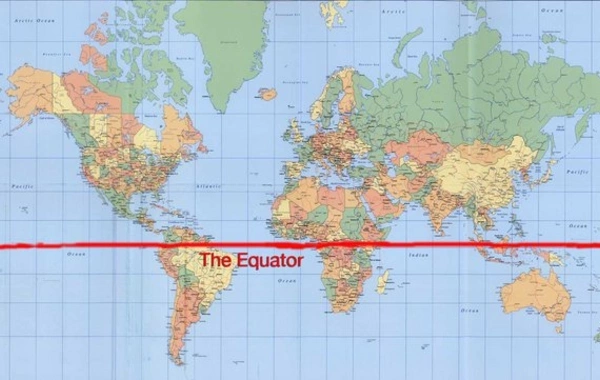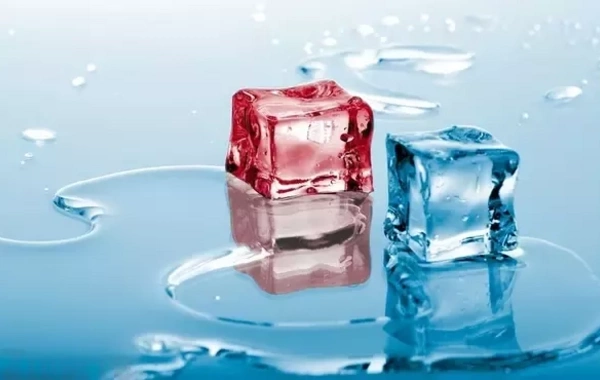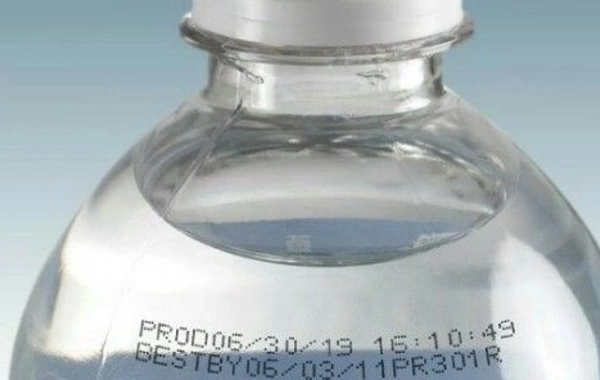04 Jun , 00:03
0


AMAZING PHYSICS: WHY A GLASS BALL BOUNCES HIGHER THAN A RUBBER ONE
Contrary to popular belief, elastic rubber doesn't always demonstrate the best bouncing qualities. Experiments show that when dropped onto a steel surface, a glass ball often bounces significantly higher than its rubber counterpart.
Physicists explain this paradox by the difference in the elastic properties of the materials. When impacted, rubber deforms substantially, converting a significant portion of kinetic energy into heat. Glass, while maintaining almost perfect shape, returns most of the energy in the form of a bounce. However, there is an important limitation: when in contact with a surface that's too hard, fragile glass risks breaking.

THE MYSTERY OF KETCHUP: WHY IT'S SOMETIMES SOLID, SOMETIMES LIQUID
Ketchup is a classic example of a non-Newtonian fluid, whose viscosity dynamically changes under the influence of external forces. In a calm state, it exhibits properties close to a solid, but once shaken, it instantly transforms into a flowing liquid. This explains the familiar effect when ketchup stubbornly refuses to leave the bottle, and then suddenly pours out in a whole stream.
Similar physical properties are demonstrated by other everyday substances - toothpaste, liquid sand, and shower gel. They are all visual examples of nonlinear physics surrounding us in everyday life.

INVISIBLE SPEED: WE'RE RACING AT 1670 KM/H, EVEN WHEN STANDING STILL
Despite the complete feeling of immobility, every resident at the equator continuously moves at a speed of about 1670 kilometers per hour. This impressive figure is due to the rotation of our planet, which makes a complete revolution around its axis in 24 hours.
Interestingly, this speed is not the same for all points on Earth - it gradually decreases as you approach the poles, where it reaches zero. The reason we don't feel this rapid movement is due to the absence of acceleration - we rotate synchronously with the Earth's surface, maintaining a constant speed.

THE FREEZING PARADOX: WHY HOT WATER SOMETIMES FREEZES FASTER THAN COLD
The scientific world is still discussing the amazing phenomenon known as the Mpemba effect. Named after Tanzanian schoolboy Erasto Mpemba, this phenomenon was recorded in the 1960s when the young researcher noticed that hot ice cream mix solidifies faster than a cooled one.
Scientists offer several possible explanations: more intense evaporation of hot water, active internal circulation, and loss of dissolved gases. However, consensus in the scientific community has not yet been reached, and the Mpemba effect continues to be the subject of lively discussions and research.

WATER EXPIRATION DATE: IT'S NOT ABOUT THE LIQUID, BUT THE PACKAGING
Bottled water is not subject to natural spoilage, however, plastic containers begin to pose a potential danger u